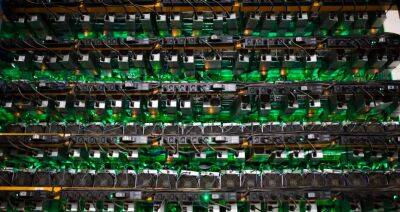DeFi Regulations: Where US regulators should draw the line
Decentralized finance (DeFi), one of the fastest growing ecosystems in the cryptocurrency market, has long been a dilemma for regulators, given the decentralized nature of the space.
In 2022, United States regulators paid special focus to the nascent area with significant attention to ending the anonymous nature of the ecosystem.
DeFi protocols allow users to trade, borrow and lend digital assets without having to go through an intermediary. DeFi ecosystems by nature are decentralized with the majority of projects being run by automated smart contracts and decentralized autonomous organizations (DAOs). Most DeFi protocols don’t require heavy Know Your Customer (KYC) requirements, making way for traders to trade anonymously.
A leaked copy of a U.S. draft bill in June showed some of the key areas of concern for regulators including DeFi stablecoins, DAOs and crypto exchanges. The draft bill paid a special focus on user protection with the intention to eliminate any anonymous projects. The bill requires any crypto platform or service provider to legally register in the United States, be it a DAO or DeFi protocol.
Sebastien Davies, principal at institutional infrastructure and liquidity provider Aquanow, blamed regulators’ lack of technological understanding as the reason behind the regressive approach. He told Cointelegraph that events like the sanctioning of Tornado Cash users after the application was added to the Specially Designated Nationals list produced by the Office of Foreign Assets Control demonstrate a lack of technological understanding. He explained:
Another discussion paper by the U.S. Federal Reserve Board released in August claimed that even though DeFi products represent a minimal share of the global financial
Read more on cointelegraph.com










